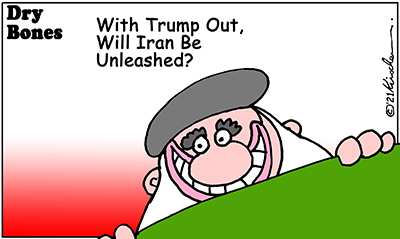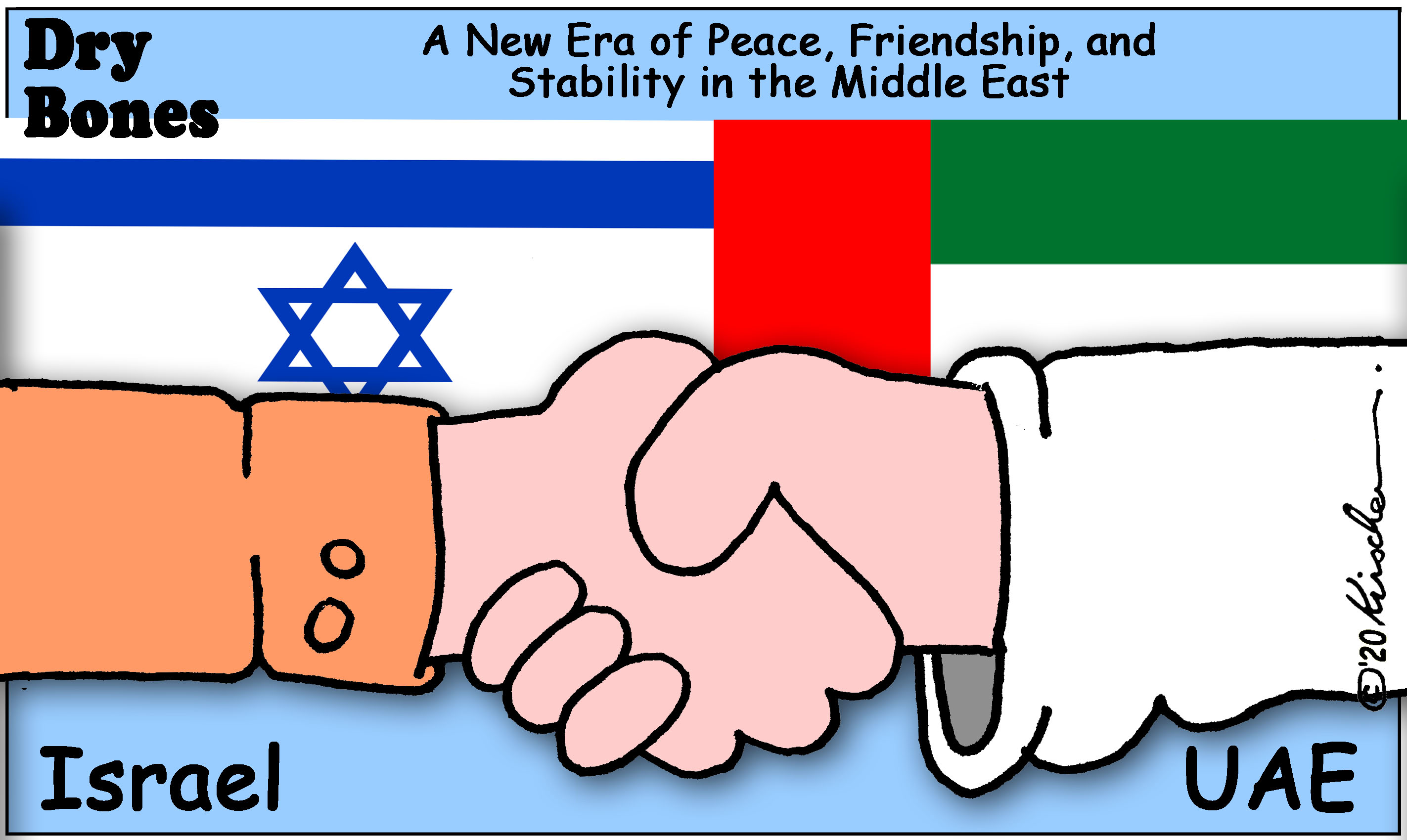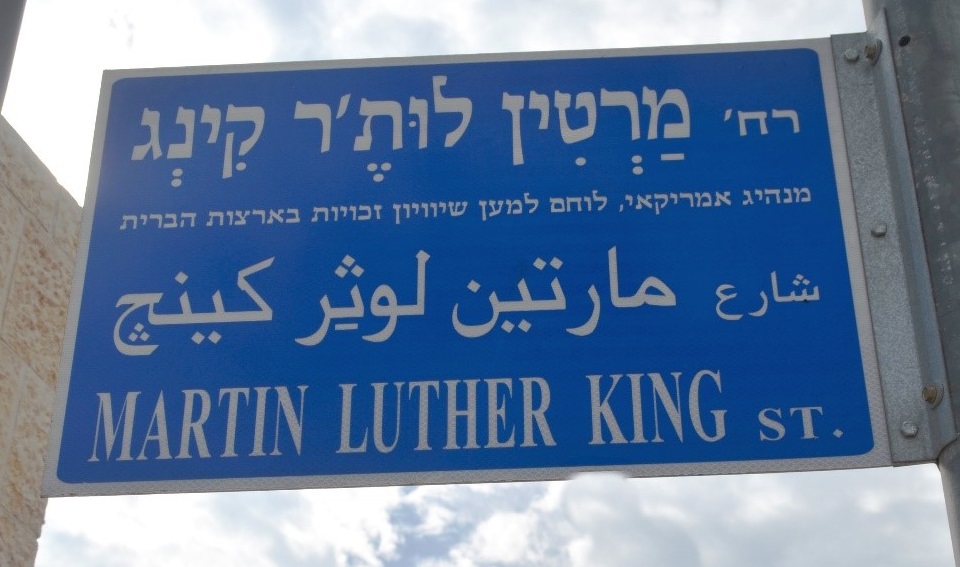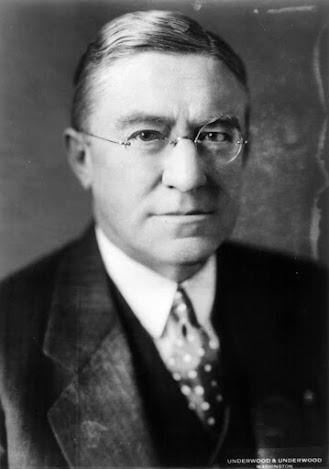Daniel Pipes: The Israel lobby is good for America
Israelis and Palestinians each call on the enthusiastic support of a great hinterland. Israelis have the Jewish diaspora, especially its rich and powerful leaders, from Chaim Weizmann to Sheldon Adelson, as well as a worldwide network of Christian supporters, from Lord Palmerston and William Blackstone to Clark Clifford and Nikki Haley. In parallel part, Palestinians have counted on Arab, Muslim, European and Communist states such as, respectively, Egypt, Iran, Sweden and the Soviet Union, as well as growing support from the global left, exemplified by former British Labour Party leader Jeremy Corbyn. Indeed, as Steven J. Rosen has shown, “the Arab road to Washington runs through Paris, London and Berlin.”IDF Cheif Kochavi: Return to Iran 2015 nuclear deal is strategic mistake
Through the past century, those hinterlands have grown and roughly balanced each other. Both came into existence during World War I, when British Zionists pressured their government to support a Jewish national home in Palestine, as Arab leaders extracted promises from Britain about Palestine before helping its war effort. During World War II, Western Jews and their allies applied desperate pressure on the British government to open immigration to Palestine for Jewish refugees, as Arab rulers threatened to sabotage Britain’s war efforts if it permitted that immigration.
After the war, American Zionists moved to the forefront, as independent Arab states tripled in number. Zionists successfully lobbied President Harry S. Truman to recognize the State of Israel in 1948, as five Arab states invaded the nascent polity. Each side learned from the other: Israelis developed a powerful army, as Arabs won increasing clout in Western politics, media and education. Each side developed and refined techniques for extracting funds from its hinterland, whether the United Jewish Appeal or Saudi, Kuwaiti and other government donations.
Repeatedly, when Israel’s enemies attack, its American friends defend. Arab states boycotted U.S. firms invested in Israel; Israel’s friends won legislation making complying with such boycotts illegal. Arab states withheld oil supplies; Zionists pushed against capitulation to such pressure. Arab states rounded up overwhelming majorities in international organizations; Israel’s friends did likewise in Congress. Each hinterland fights for its cause. Each provides diplomatic support, financial aid and armaments.
In other words, American Zionists serve as a principal counterpart to anti-Zionist foreign states. The Zionists pressure Washington from within, the states do so from without. It’s a significant difference but ultimately a technical one.
Thus, the Israel lobby does not impede the formulation of an objective foreign policy but constructively offsets anti-Israel influence. Arguing for Israel is not just protected under the First Amendment and entirely legitimate, it informs and improves American policy formulation by countering foreign influences. The Israel lobby, therefore, is good for America.
A return to the 2015 nuclear deal with Iran, or a "slightly improved" deal would be a an operational and strategic mistake for the world, IDF Chief-of-Staff Lt. Gen. Aviv Kochavi warned on TuesdayUAE, Bahrain: We need ‘unified voice’ with Israel on Iran’s missiles, nukes
He said that Iran’s advance centrifuge progress and jumps in enriching uranium could eventually bring it to be "only weeks" away from a nuclear bomb.
The deal would still allow the Islamic Republic to break out to a nuclear weapon in 2030 when the agreement expires. The IDF chief said that the US and others must maintain all sanctions and pressure now as Tehran is at its weakest and closest to making real concessions.
In addition, he said that Israel’s strikes in Syria and other undefined parts of the Middle East had created the greatest deterrence Israel has ever known against its enemies.
Moreover, he said that the normalization trend is isolating Iran in ways that it never expected and was not prepared for.
The Islamic Republic’s foreign minister warned last week that his country would not accept changes to the terms of the 2015 pact, which currently does not deal with Iran’s missile program or regional proxies.
“We must respond to Iran’s missile program,” Alzayani continued, “its support for proxies in the region, and its interference in the domestic affairs of states across the region, in order to bring about a broader peace and stability for the Middle East.”
The JCPOA was signed by Iran and six world powers known as the P5+1 in 2015. Then-president Trump unilaterally pulled the US out of the deal in 2018, opting instead for a “maximum pressure” sanctions effort.
One of the JCPOA’s “failures,” argued UAE Minister of State for Foreign Affairs Anwar Gargash on Tuesday, was the “absence of a regional voice therein.”
Iran drafted conditions for returning to compliance with the nuclear deal, one of which is that no new signatories — understood to mean Arab Gulf states — may be added to the agreement.
Since 2019, Tehran has suspended its compliance with most of the limits set by the agreement in response to Washington’s abandonment of sanctions relief and the failure of other parties to the deal to make up for it. It is now enriching uranium to 20 percent, just a short step away from weapons-grade levels.
Israel, UAE, and Bahrain all seek to dissuade the Biden administration from returning to the JCPOA in its original form.
















































